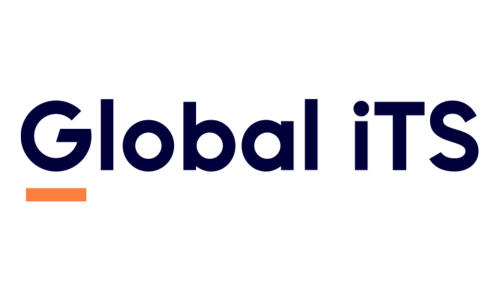Working across the financial services and insurance industry, we’ve seen how quickly organizations have had to react and shift to remote working and remote selling. For organizations, it’s changed the expectations of your customers, employees, and even your own value chain. This evolution is set against the backdrop of a changing regulatory and security landscape for the sector. This holds significant importance for financial service institutions. Especially as they embrace the use of new technologies, like cloud technologies, to meet these changing market demands.
Cloud technologies enable the financial services industry to unlock insights to deliver better customer experiences and bring more customer value. How to stay compliant and secure when you move your workloads from on-premise to a third-party provider is a threshold criterion for financial services. We are supporting this conversation across the industry, including by engagement with financial services regulators.
Cloud transformation
Recently, we held a regulatory briefing for the sector to share some of our approaches and current observations. In this briefing, we consider the structural changes, how organizations are adapting to these circumstances and how they remain agile in continuing to meet key regulatory requirements. We share some of these observations below.
- Data governance, innovation, and agility in the cloud
Both regulators and organizations recognize the benefits that the cloud gives to protect against cyber risk and improve operational resiliency. They also recognize that, with cloud technologies, organizations gain the ability to manage risk at scale. At the same time, organizations can take advantage of innovation and agility to further drive business goals or differentiate themselves in a competitive market.
Microsoft provides a rich set of tools to help customers manage governance, such as Compliance Manager. This provides a list of recommended actions and detailed guidance to improve controls and capabilities. This can help organizations meet regulatory requirements for areas they are responsible for. Microsoft Secure Score measures an organization’s security posture and provides actions to help improve an organization’s security posture. Microsoft continues to invest in helping customers manage risk, providing transparency and assurance, to help meet their regulatory requirements.
Further, the cloud can help drive innovation through automation, such as AI and machine learning. With hyper-scale computing, you can build agility by gaining more computing power when you need it. This helps you quickly respond to external and internal changes, driving employee productivity from anywhere and creating personalized customer experiences.
- Mitigate and manage concentration risks in the cloud
As the adoption of cloud technologies becomes more prevalent, so does the conversation around concentration risk. We have had a considerable engagement with regulators and customers to understand such concerns. At the bottom, this is focused on concerns about a ‘single point of failure’, and how to manage and mitigate against such risks. Of course, the risk itself is not new with cloud technologies. Legacy systems – particularly the mainframe – present such risks in current environments. Indeed, cloud technologies can help unlock value by removing lock-in with legacy systems in favour of more agile and resilient hyperscale cloud systems. Such strategies include availing use of availability zones and regional pairing of distributed regions to provide for high-resiliency and data replication. Even in the case of ‘black swan’ events, these strategies can mitigate such catastrophic occurrences.
In addition, firms should have in place business continuity and exit plans as part of an overall outsourcing strategy. With such governance and strategies in place, firms may opt for a primary cloud vendor without the need to multi-source. A multi-source approach can add complexity and additional risk. There is no one-size-fits-all approach. However, our experience shows such risks can be managed, consistent with regulator expectations. Of course, this is only if a firm’s governance posture is soundly organized to measure and mitigate against such risks.
- Working together to improve assurance and enable regulatory compliance
Cloud technologies will help financial institutions operate in a safe and sound manner and stay consistent with regulatory objectives of managing risk. Thus, a centerpiece to our strategy is to provide for continuous engagement with key stakeholders – financial organizations and regulators alike. Through this feedback loop, we can constantly share perspectives, learn from each other, and drive towards mutually shared objectives of facilitating innovation. Ultimately, this will help manage risk, and ensure the financial ecosystem remains vibrant, secure, and resilient.
Source: https://cloudblogs.microsoft.com/
Global iTS is a leading Microsoft Dynamics 365 ERP and CRM Partner, headquartered in the UK. With 300+ clients, successfully proven implementations, an excellent support system by our experienced domain specialist, and a good track record of customer retention. Also, it has a strong foothold and customer base across other GCC countries (Bahrain, Saudi Arabia, Oman, Kuwait, UAE, and Qatar).
Global iTS is mainly into the specialized requirements in Financial Services and Insurance sectors focusing on Digital Transformation journey in Retail Banking, Commercial Banking, Insurance Providers, Private Equity, and Investment Banking by bringing Artificial Intelligence, Machine Learning, Blockchain, and Robotic Process Automation technologies and enhanced their productivity and profitability. We bring in over 15 years of international expertise to digitally transform any aspect of a client’s business.






